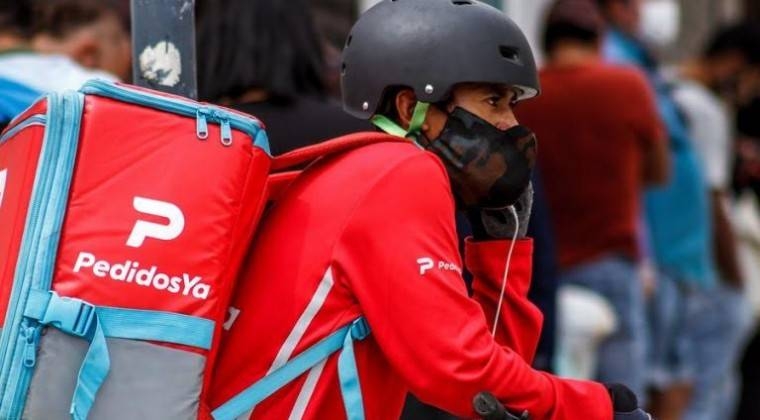Foodborne Illnesses are caused by dangerous microorganisms or toxic chemicals. Microorganisms can multiply very quickly if food is kept at room temperature, however most of these diseases can be prevented with proper food handling and following a series of recommendations:
* Hygiene when handling and consuming food
* It is essential to start with the correct hand washing and then preferably wash and disinfect the area where the food will be handled, in addition to the cutlery, utensils and surfaces that you will use during preparation.
* Use potable water to wash hands, fruits and vegetables, utensils and prepare meals, ice or juices.
* Disinfect fruits and vegetables before using them, especially those that will be consumed raw, for this you must submerge them in water with bleach at 0.01% for 10 minutes, then discard the water used and rinse the food with plenty of drinking water .
* Keep food at safe temperatures
* Prepare food in small quantities to reduce leftovers.
* Cool cooked foods and different prepared dishes as soon as possible, and keep them below 5 ° C, as this prevents microorganisms from multiplying rapidly. Above 5°C and below 65°C, the multiplication of microorganisms becomes faster.
* Do not leave cooked food at room temperature for more than 2 hours.
* Do not defrost food at room temperature. You can do it the night before the preparation, going from the freezer to the refrigerator so that it thaws at safe temperatures.
* Thawing can also be done quickly in the microwave.
* Microwave ovens can be used to defrost food, but they can leave hot spots where microorganisms can grow. Food thawed in the microwave should be cooked immediately.
*Keep food very hot (above 65°C) before serving.
* Cook food well
* Cook food correctly, especially meat, chicken, eggs and fish. When you heat foods such as broths and stews, make sure they reach at least 70°C. Red meat and chicken should not be left with red parts inside.
* Reheat food until it is piping hot, up to 70°C, because proper cooking kills almost all dangerous microorganisms.
* Cooking the food up to a temperature of 70 °C guarantees its safety for consumption.
* Food Preservation
* Food preservation practices must ensure their protection at the time of handling in order to avoid contamination.
* Keep food refrigerated until serving time, whether it is salads that are consumed directly (especially if they have mayonnaise) or those prepared meals that must be reheated to cooking temperature.
* Prepared meals that were not consumed must be stored in the refrigerator immediately after clearing the table. the
* Food must be placed in clean containers with a lid. Plastic wrap can be used to cover food in containers that do not have a lid.
* These preparations can be kept up to 48 hours in the refrigerator. If they contain potatoes, creams or eggs, maximum up to 24 hours.
* Food should not remain out of the refrigerator for more than two hours before being consumed, reheated, refrigerated or placed in the freezer.
* For food that needs refrigeration, do not break the cold chain, especially if you will transport it outside your home (celebrations, beach, etc.), because in summer food is more susceptible.
* In the event of a power outage, try not to constantly open the refrigerator door, since food is safe to store in the refrigerator for up to approximately 4 hours during a blackout.
* Maintain an order in purchases
* When buying food we recommend you follow an order.
* Start shopping with the products that do not need refrigeration and, lastly, the foods that are in the gondolas and in the refrigeration equipment, this will allow you to avoid exposing food to unsafe temperatures for a long time, thus preventing cut the cold chain to maintain safety conditions and the quality of food products.
* During purchases it is important to check the expiration dates, taking care that the product packaging is in good condition. Do not purchase if the packaging is broken or cracked. The cans must not be rusty, bruised, flattened, or bulging, as this may mean that the product is contaminated by bacteria and/or toxins, and therefore could cause intoxication.





